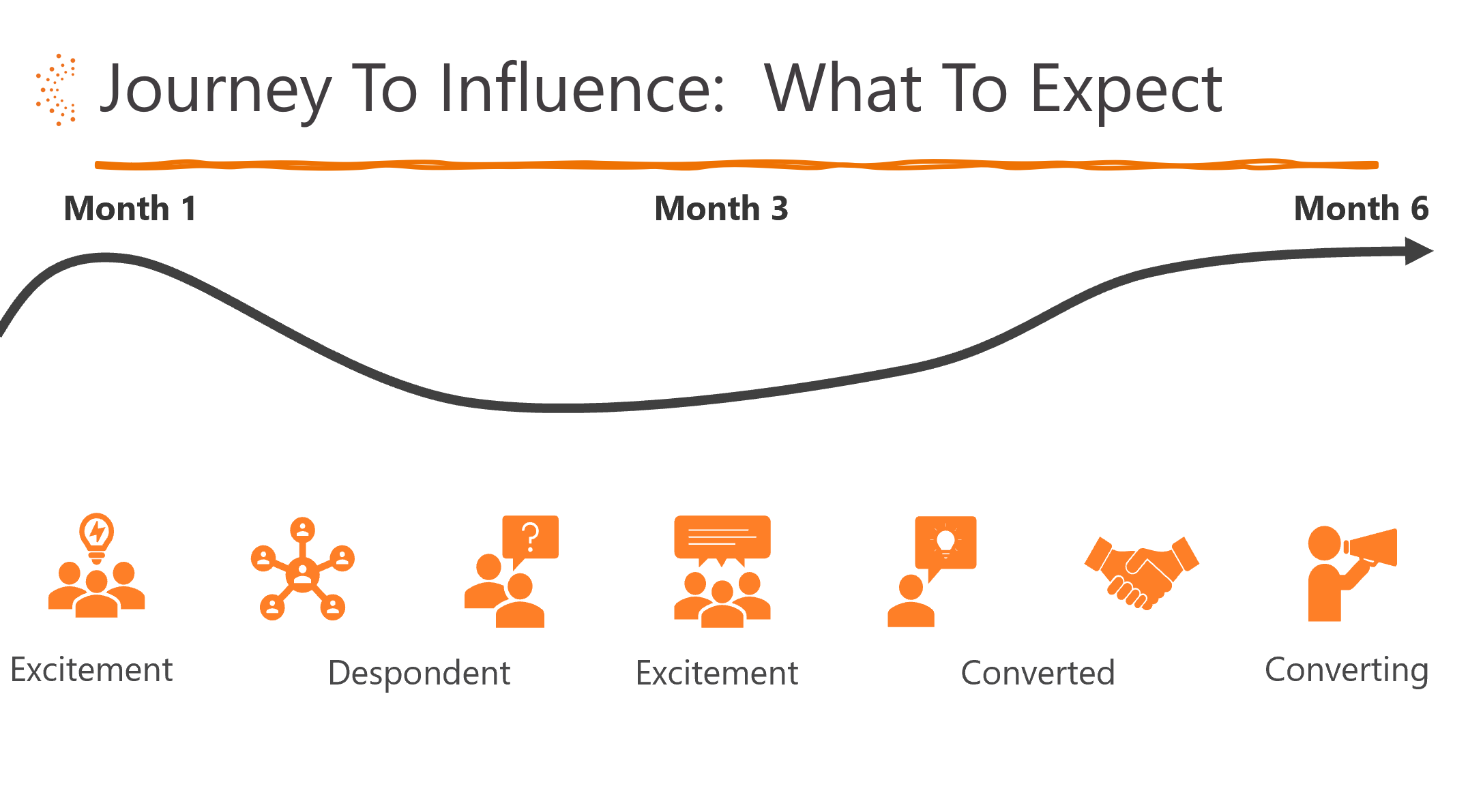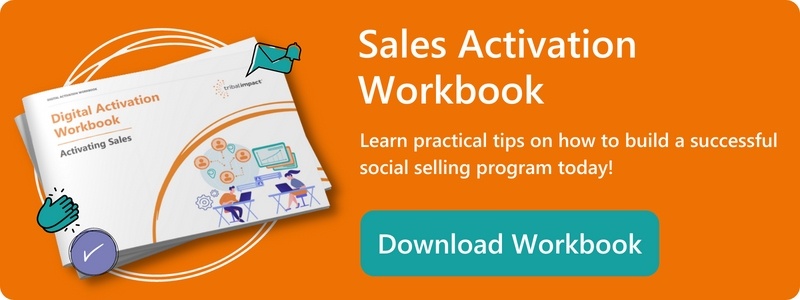Rolling out a global social selling program can be fraught with mistakes. After all, it’s a one-time thing and the strategy is still relatively new - just 46% of “socially mature” organisations have even rolled it out into sales - meaning there’s not many people to lean on or widely available lessons to learn from. (Not everyone wants to own up to what went wrong, after all!)
We’ve been through those journeys with our clients and we speak with many more regularly who’ve shared their experiences - their struggles, success and the lessons they’ve made along the way.
They say the best way to learn is from your mistakes and the next best thing is those of others who have gone through the same. So here’s our list of the top 7 errors we see organisations make when rolling out a global social selling program.
1. Forgetting Glocalisation - The Cornerstone Of A Global Social Selling Program
When launching a global social selling program, many will roll out a standard framework of best practice and training. However, local knowledge and expertise is still crucial to your program’s success as social media habits and which tactics will work best will vary for each country.
As much as a global centre of excellence is an efficient way of providing a go-to hub of knowledge, training still needs to be optimised for local with tweaks where needed. And it can never replace the need for local trainers, coaches and champions that are critical to delivering one-to-one training and support where needed (or even just webinars in the native language!). And, just as importantly, acting as a feedback vessel for your program and understanding how to get buy-in in each country (because the motivations often differ).
2. Not Running Fresh Pilots
Pilots are essential when launching any new program. They encourage you to “fail fast, fail small” - learning from your mistakes and then testing and optimising your strategy before you scale it.
Once organisations have reached the stage where they’re in a position to scale their social selling globally, it can be easy to think that the pilot studies can now stop. But as we’ve mentioned above, social selling programs need both a global framework and local knowledge (or “glocalisation”), as well as local buy-in. You therefore need a pilot study when fine tuning your strategy for each country.
3. Not Having A Long-Term Scalable Plan For Upskilling
Social selling skills need to constantly adapt to changes - from buyer habits and new platform features and algorithms changes. Not to mention that it’s not a one-size-fits-all approach as it requires niche industry and role-specific knowledge.
Upskilling teams can therefore be a challenge. Hiring trainers and coaches in-house doesn’t sit well with the ebbing and flowing needs of training programs and so is rarely cost-effective, even if headcount budgets were no issue. Organisations therefore generally turn to contractors or social selling agencies to help them deliver their training.
While it’s a great way to upskill at scale initially, your long-term goal should be to use these partners to help you enable your existing internal experts and most enthusiastic employees to upskill others.
e.g. Train the Trainer, or Coach the Coach for your internal expert and Social Champions.

4. The Basics - Social Media Risks
By now, you should be fully versed in the risk/reward ratio of social selling vs social media risks. (And perhaps you’ve even encountered one or two reputational emergencies that you would rather forget about!)
When rolling out a global program, ironing out the differences in legal issues that can arise from social media use in the workplace is often on the checklist but reputational risk issues may not be.
Although the potential reputational damages from using social media may be broadly the same in each country, there will always be cultural differences and socio-political issues to consider. If you don’t want a social media fall-out it’s therefore always essential you carefully review your social media policy and training to ensure it reflects each country’s culture.
5. Rolling Out Your Global Social Selling Program Too Fast
A common mistake with global social selling programs is that they’re rolled out too quickly and try to use a blanket approach, which doesn’t work. Even if the program has been a success in various countries or areas, the decision to “go global” doesn’t mean that the whole program has to be rolled out en masse.
It’s always better to roll out your program step-by-step, focusing on the business units or regions that most require it first e.g. by assigning a category level to each. And just as importantly, ensure that you’ve factored in glocalisation issues. If you’ve not understood how different cultures will affect your best practices and employee’s motivations for joining, your program will quickly fall flat in each new region.
6. Assuming you need a large core team
Some organisations assume that a global social selling program needs a large core team, but with social selling it’s important to get teams onboard quickly and build on the initial excitement. If you have “too many cooks”, the decision-making process becomes much slower and it can slow down that momentum, making it much more difficult to get buy-in at a local level.
It can also mean that you fail to have an enterprise-wide view of what’s needed. For example, we often see that licence buying – from the question of how many to funding - is left to individual groups, resulting in a piecemeal and disjointed approach.
Some of the most successful teams we’ve worked with have only had 1 to 2 key decision makers. pivot and accelerate more quickly. Instead, they operate a hub and spoke model, with a couple of people making centralised decisions and standardising the program and spokes of volunteer local networks of “champions” to assist with delivery. (If you’ve skimmed to here, head back to point 3 of how to do so!)
7. Not Using A Partner
As we said, rolling out a social selling program happens just once but it’s relatively new. Some organisations try to roll it out internally without outside help. After all, nobody knows your organisation better than you! But knowing what steps to take next and when is quite a challenge without someone to turn to who’s been there before.That’s where an outside social selling partner can help. They’ve worked with organisations just like yours (and in other industries) so you can lean on their tried-and-tested blueprint which also pulls together the very latest practices in what’s working and what’s not to help you avoid costly (and embarrassing) mistakes.
